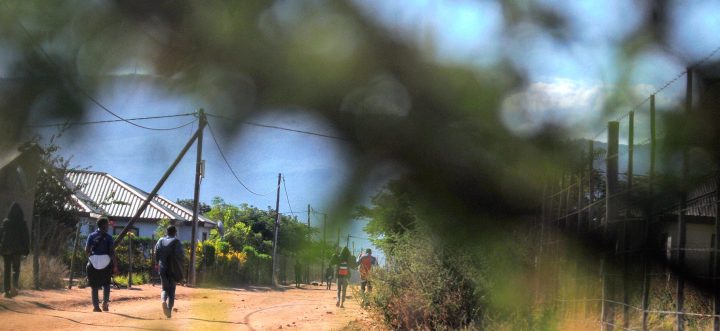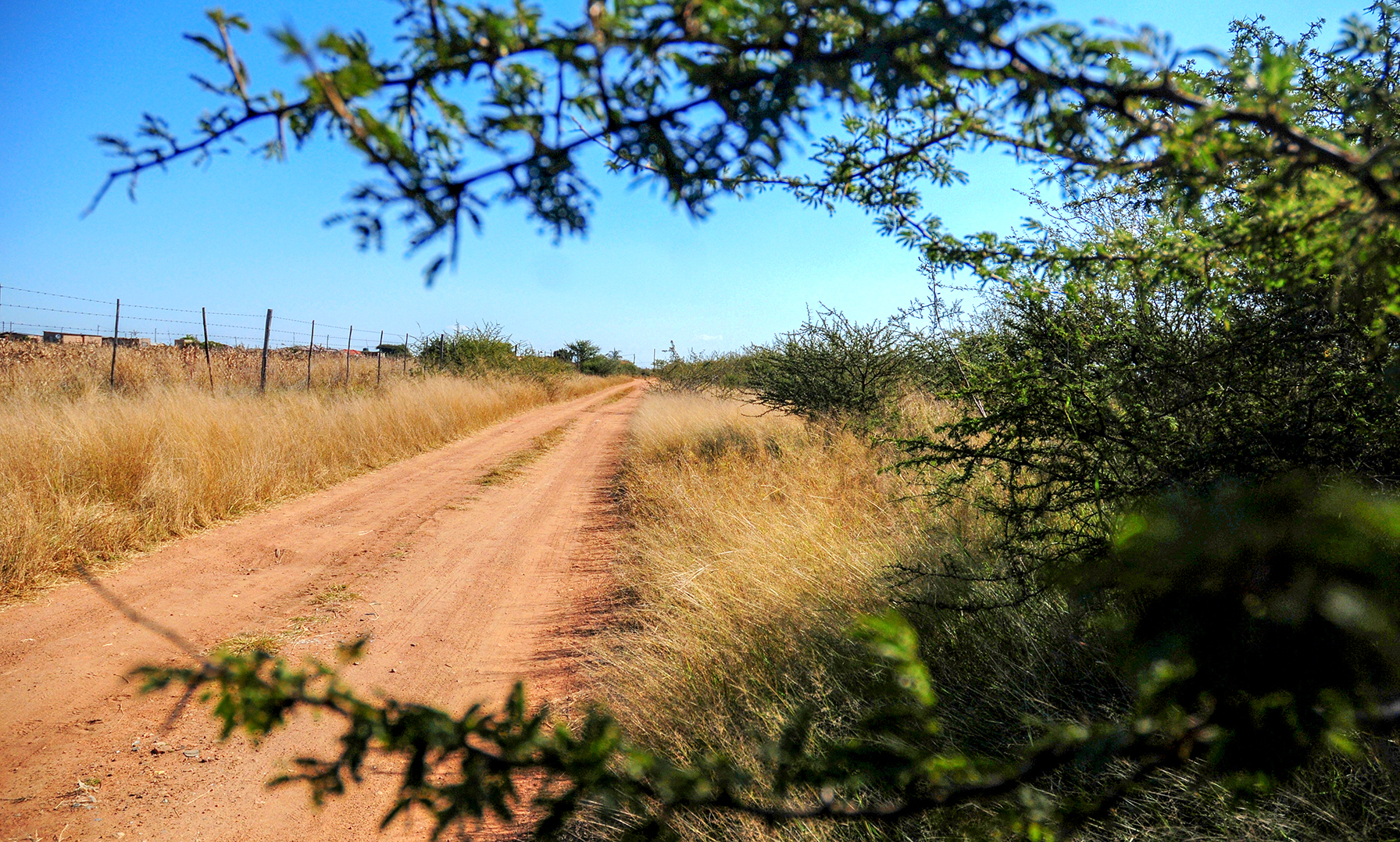MUKURUKURU MEDIA
Fear grips Limpopo village after two primary school learners are raped while walking home

Police say the two girls were walking home after school when two men wearing overalls pounced on them on a deserted road and raped them.
When the home-time bell rings at Gogobole Primary School in Limpopo, parents are there to escort their children home after two learners, aged eight and nine, were raped while walking home after school – the first incident of its kind in the village near Makhado.
The community has sprung into action to prevent further attacks as fear grips learners, teachers and parents.
“We [schoolgirls] are not safe because we walk a long distance to school and back. Luckily for me, the group I walk with are all my neighbours and the majority … are boys,” said a Grade 8 learner from Sinthumule Secondary School in Gogobole.
Police say the two girls were walking home after school on 9 June when two men wearing overalls pounced on them on a deserted road and raped them. The road goes through a deserted bushy area before connecting to another part of the village about 2km from the school.
Provincial commissioner Lieutenant-General Thembi Hadebe has urged community members to come forward if they have information that can assist in their investigation.
After the rapes, community structures, including officials from the department of health, the police, the school governing body, teachers and traditional authorities, held an urgent meeting to map a way forward.
One of the resolutions taken at the meeting was that parents should pick up their children from school and escort them home. The community also resolved that parents who are at work when school finishes for the day should ask neighbours to fulfil this task.
Learners have started walking in groups.

Residents of Gogobole village near Makhado in Limpopo have been shocked by the rape of two learners walking home from school. (Photo: Lucas Ledwaba / Mukurukuru Media)

Two rapists lurked in the bushes in this area before pouncing on two children aged nine and eight years old who were walking from Gogobole primary school, Limpopo, one afternoon. (Photo: Lucas Ledwaba/Mukurukuru Media)
According to Statistics South Africa’s 2020 National Household Travel Survey, 59.4% of all learners in South Africa walk to and from school.
The latest crime statistics released by Police Minister Bheki Cele this month revealed that 10,818 people were raped in South Africa in the first three months of this year.
The two learners who were raped are currently not attending school as they recover from the trauma of the attack. There are moves to transfer them to another school to protect them from the stigma of the attack.
Gogobole Primary School principal Violet Nesemari said the attack had taken a huge toll on learners and staff.
“We have never had something like this happening here. We are all in shock,” said Nesemari.
“We [have] encouraged [learners] to walk in groups. We have also warned the learners against spending too much time playing after school and that they should head straight home when the bell rings.”
Victor Mavhidula, a provincial manager at the South African Human Rights Commission, said more needs to be done to ensure learners don’t travel long distances to school.
“The challenge is that if the [education] department just talks about a 5km radius without considering other factors … that’s a concern to us,” said Mavhidula in reference to the guidelines governing the distance learners should travel to access schooling.
“Even if it’s 2km, it can be unsafe.”
One of the learners in the village said that when walking to and from school, “We [now] use busy roads so that we are in public most of the time, even though it makes our walk a little longer.” DM/MC




















 Become an Insider
Become an Insider
What does this tell us about the department? about policing? about poverty? about victimizing of victims? It’s all in this story but it’s not narrated clearly enough how the state’s dysfunctionality contributes to the vulnerabilities of school children and especially young girls. It’s a systemic problem that is not going to go away while we have a government that doesn’t care and even promotes by it policies, GBV.